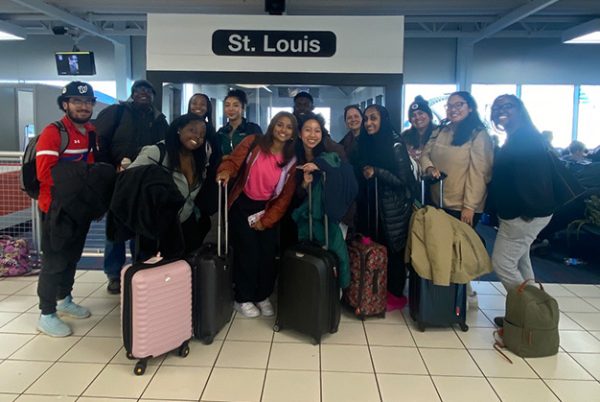My Experience Hosting an Exchange Student
February 10, 2020
If you were to tell me last summer that I would have a Spanish kid living in my house within the following year, I would have thought you were crazy. But, you would have been right.
This summer, my mom came into my room bearing the news that my sister, who had recently gone away for her sophomore year of college, was going to have a replacement in the house. I soon learned that my mom had signed up to host an exchange student named Lucas Vilaseca from Barcelona, Spain. I could tell my mother, who is fluent in Spanish, was thrilled to have someone to practice with around the house.
Although my mom was excited, there was an air of doubt around the house. We tried to contact him and his family before his arrival but we were never able to. My family started to realize we had no real idea of what was to come. When we picked him up for the airport, I asked him how he was feeling. His response, and the first word he ever said in the States, was “nervous.”
The first few weeks of hosting him was also nerve-wracking for me. Introducing him to my friends and showing him around the first day of school both had me wondering if I was in over my head, and if this whole experience would be too much for me. At first, Lucas was reserved around everyone he met, but he later explained this was because he wasn’t confident in his English. However, this overwhelming feeling passed in time. When we both started to settle in for the year, my nerves had long passed since those first days of school.
For those who haven’t met him, Lucas is a sophomore who recently became a three sport athlete, playing squash for the first time in addition to soccer and golf. He loves the Spanish soccer team Espanyol, who just happens to be last in the league this year and struggling to stay afloat. He puts Nutella on just about everything and also has taken a liking to Sour Patch Kids, which he says haven’t made an appearance in his home country yet.
With Lucas becoming more immersed in life in the United States, I began to notice some differences in how the Americans and Spanish conduct their everyday lives. One example of this was Lucas’s tendency to be late, which happens to be a stereotype of the Spanish. I’m not saying the stereotype is true, but Lucas definitely fits. It seemed that the time we were supposed to be leaving would be the time he would start getting ready. However, I’m relieved to report that the more time he spends in the States, the more punctual he has become.
As Lucas is now thoroughly settled in and adjusted to life here, I was able to sit down with him and discuss how he felt about the changes. One difference from life in Barcelona that has stuck out to him is how the schools are run and how intense school sports are.
“The schools here are very different, and the schedule is completely different than I’m used to,” he says. “Here, sports are really big at school, but in Spain no one plays for school teams.”
Another difference he’s experienced is the weather. It has been a struggle getting used to the Baltimore winter, which is much colder than in Barcelona. It doesn’t help that biking is really the only convenient way to school in the mornings, which means he’s had to deal with the rough conditions of the cold mornings and Baltimore’s bad drivers.
Overall, the whole exchange experience has brought on a lot of adjusting that Lucas has had to overcome. However, he isn’t the only one who’s had to adjust. I got a chance to speak to two other people hosting exchange students at Friends, Katherine Jenkins and Emily Shattuck. They explained that in contrast to how the students have to adjust to new countries, they have to adjust to new members in the household. They also shared some of the apprehensions that I felt in the early stages of the foreign exchange process. Ms. Jenkins, a teacher in the science department here at Friends, explains that the reason she was nervous to house an exchange was because she valued time at home and time at school separately, and didn’t want them to overlap.
“I was scared it would feel like I was at work while at home, but it hasn’t been like that at all,” she said. “Greta, my exchange, has become part of the family.”
Emily Shattuck’s concerns were more simple. She didn’t know if she could adjust to a new person that she would have to live with. These thoughts were partly true, however after everything fell into routine around the house it got better.
“It hasn’t been easy,” she explains, “but I’ve gotten used to it.”
It seems that the most important trait for all the people involved in the exchange program is flexibility. For the actual exchange students, they have had to be flexible with new “parents” and a new lifestyle. For the families that have taken on hosting these students, they’ve had to adjust to the extra member of the household.
Although everything has taken a good amount of getting used to, I believe both parties will come out on the other side of the experience having gained knowledge and experience. For me personally, I have been fascinated by how ways of life can be entirely dependent on the country that one is born and raised in, and how some things that I take for granted can be so special to someone else. I will definitely carry that knowledge with me and keep it in mind for whenever I am a host or exchange again.





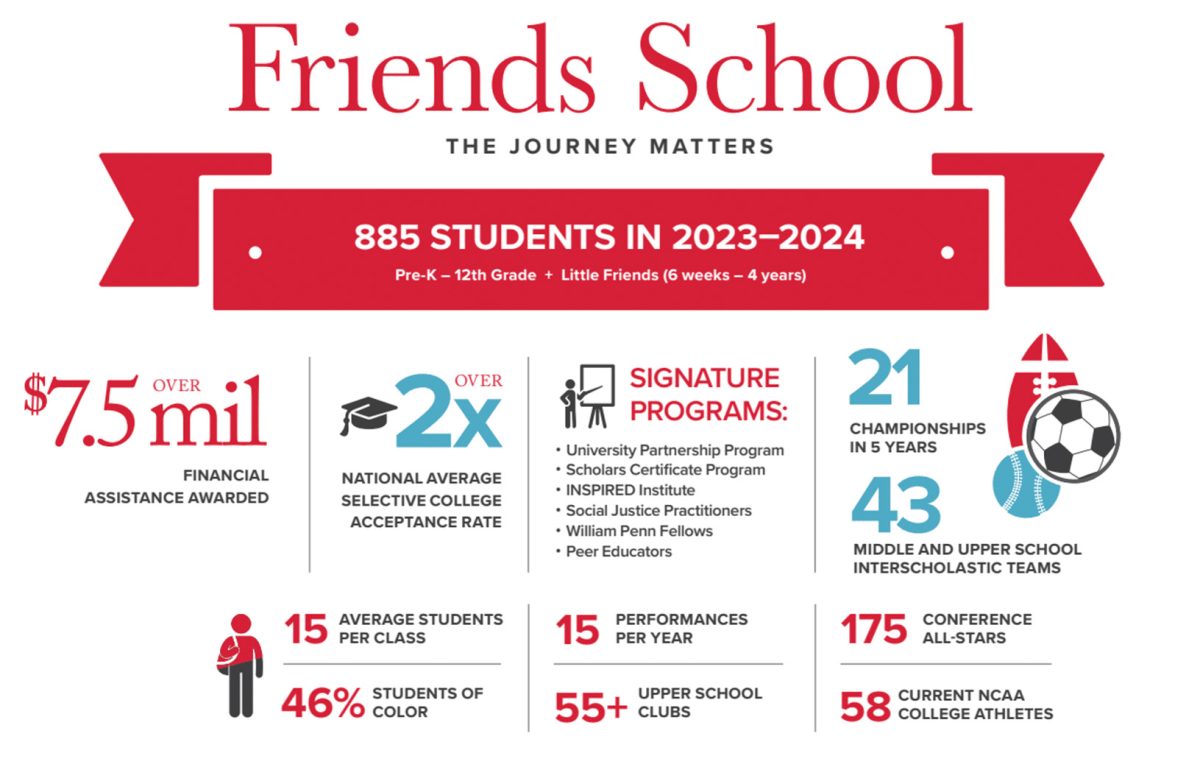
![Titanically Selfish! [Podcast]](https://thequakerquill.org/wp-content/uploads/2024/05/matt-hardy-6ArTTluciuA-unsplash-1200x800.jpg)



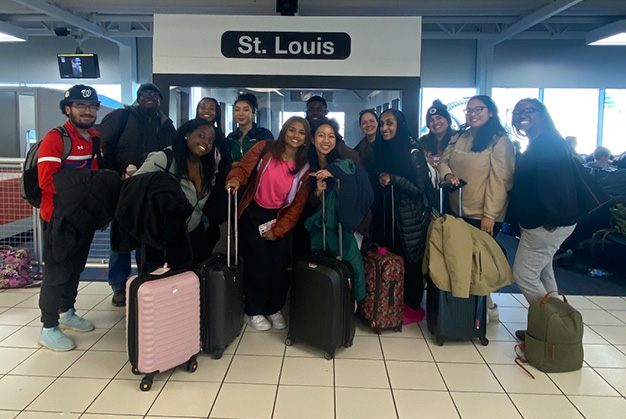




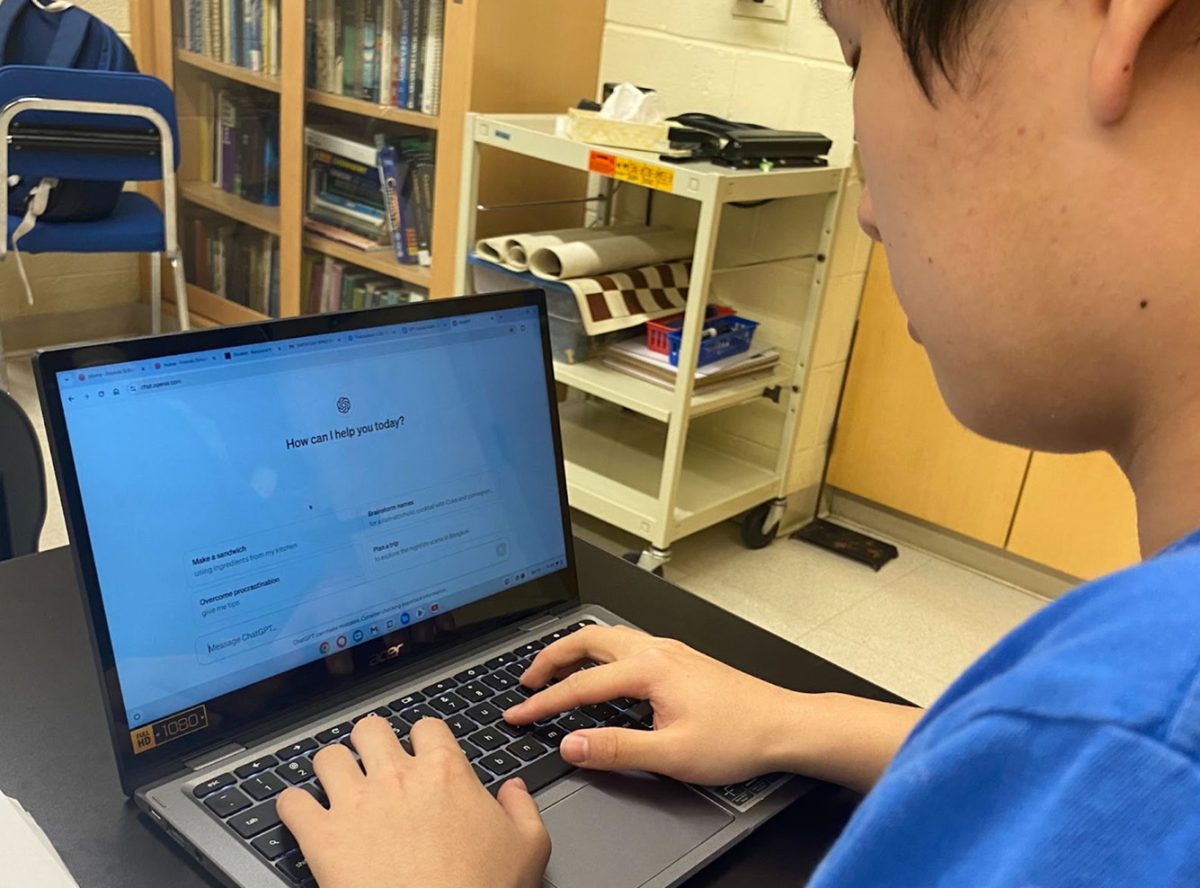
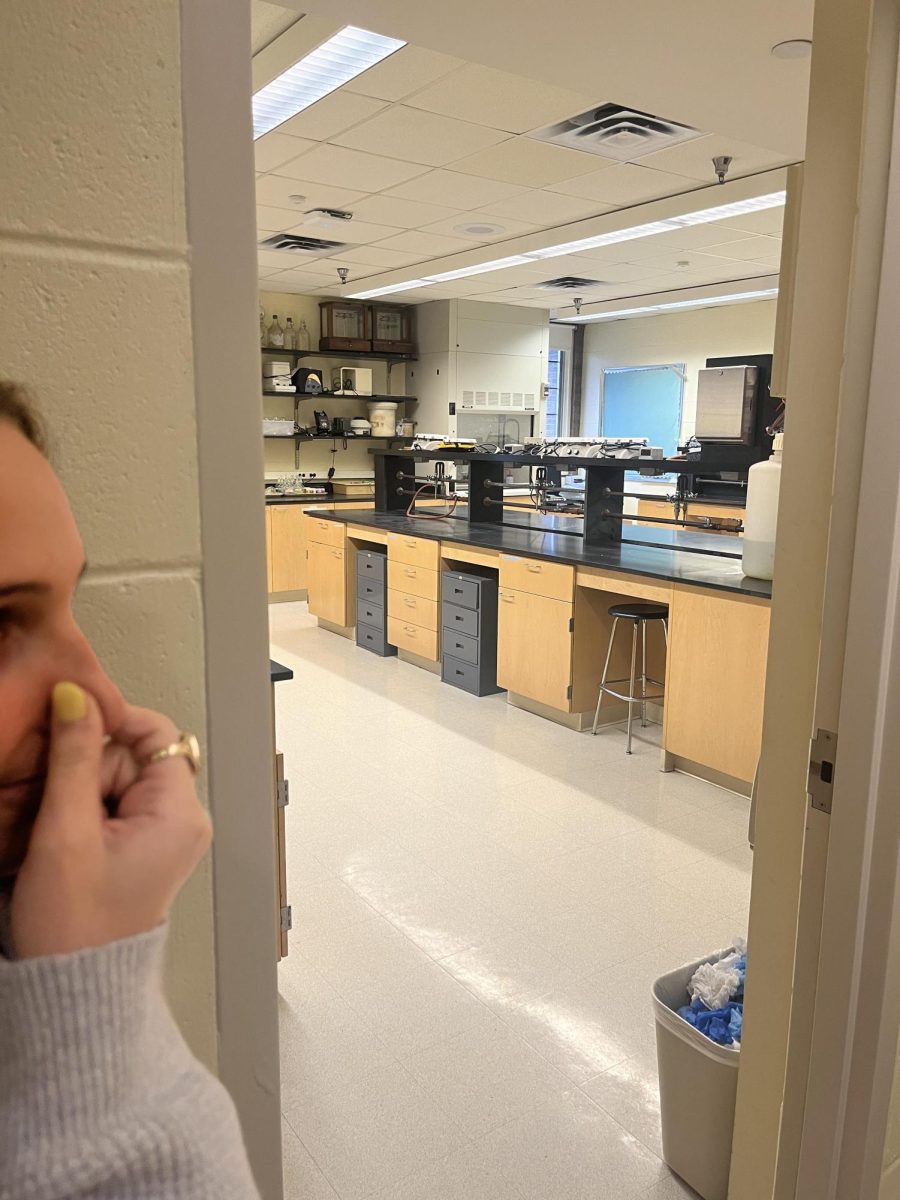


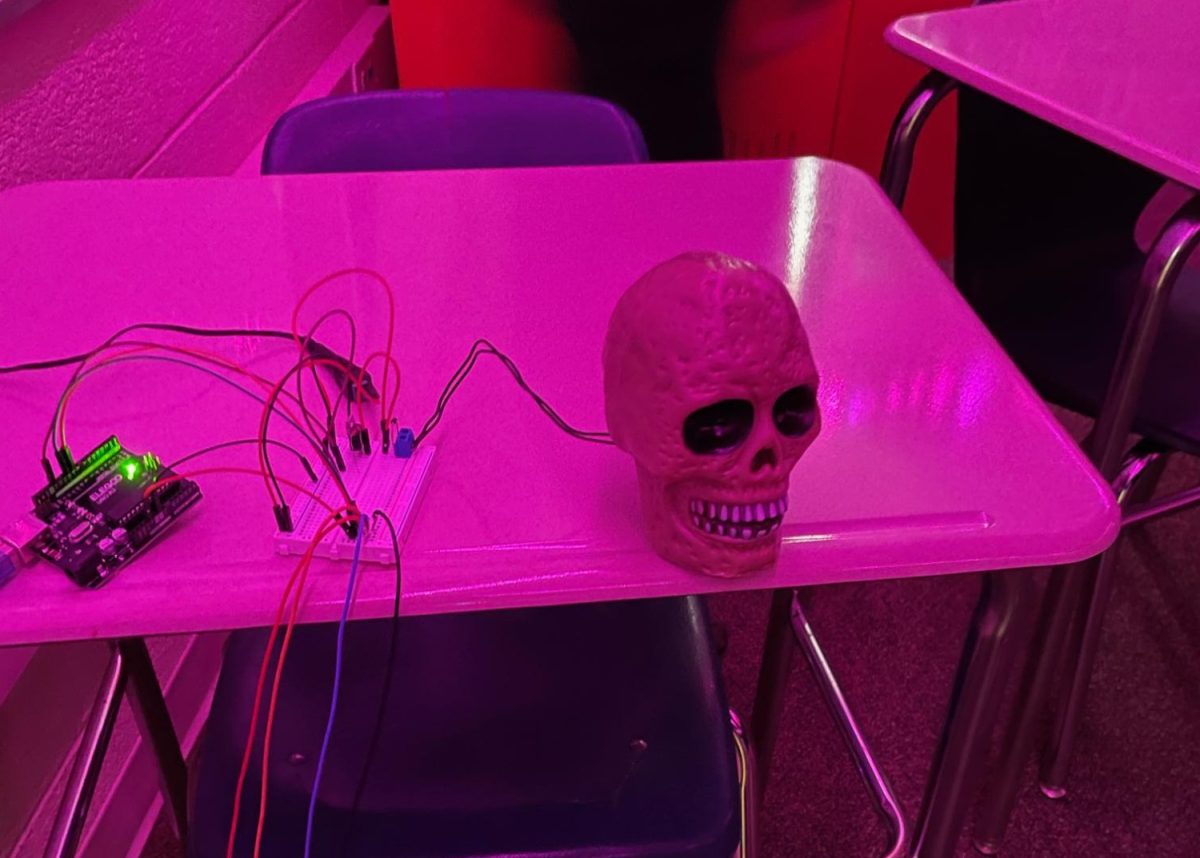

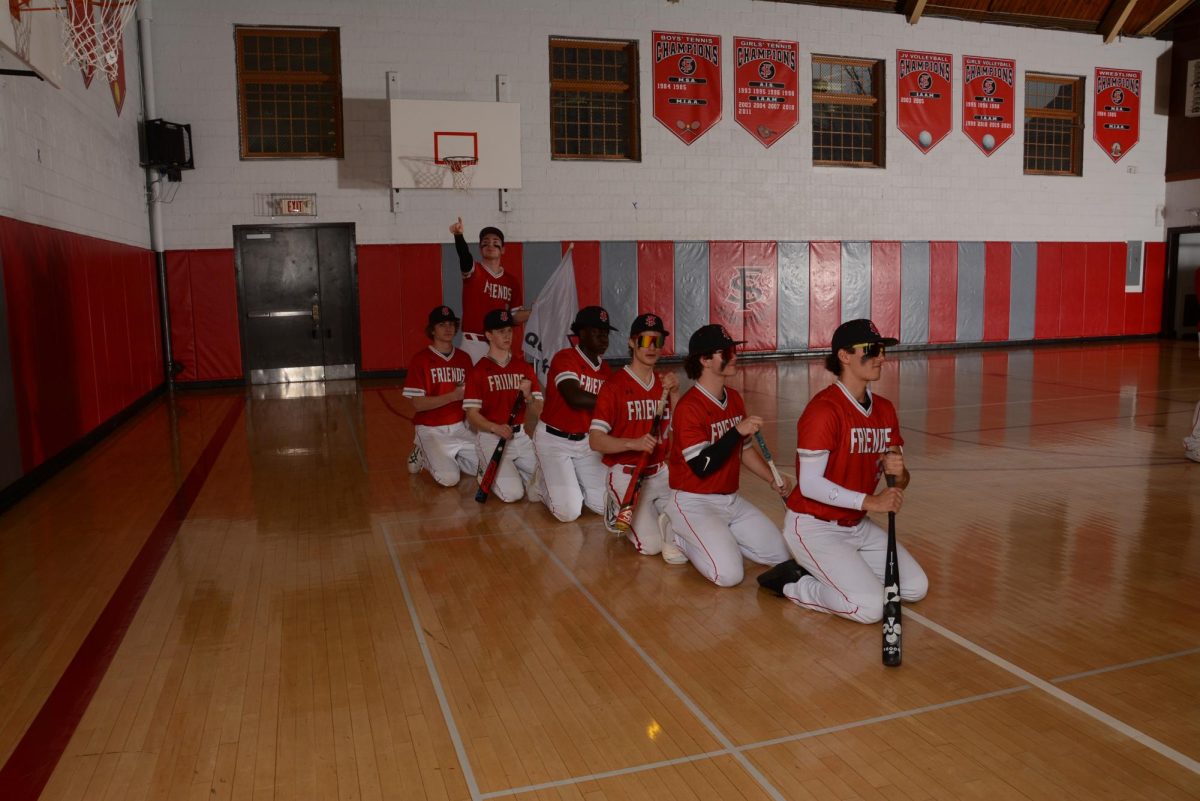







![Whats Your Favorite Movie? [Podcast]](https://thequakerquill.org/wp-content/uploads/2024/05/krists-luhaers-AtPWnYNDJnM-unsplash-1200x800.jpg)














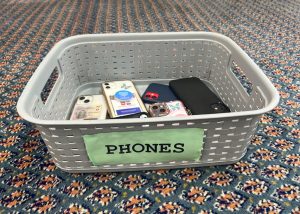

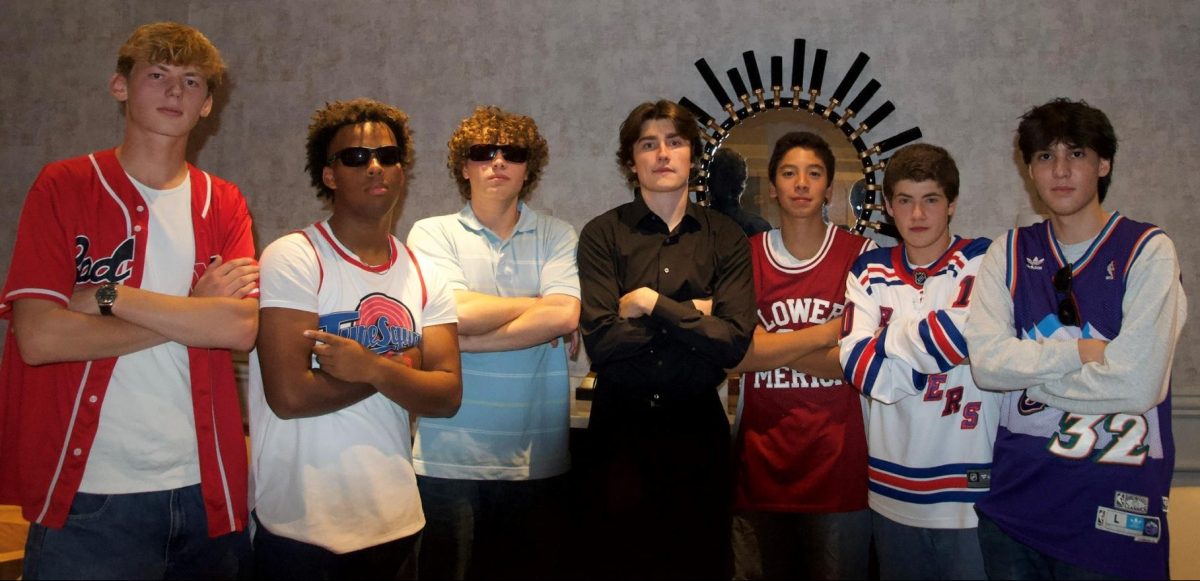
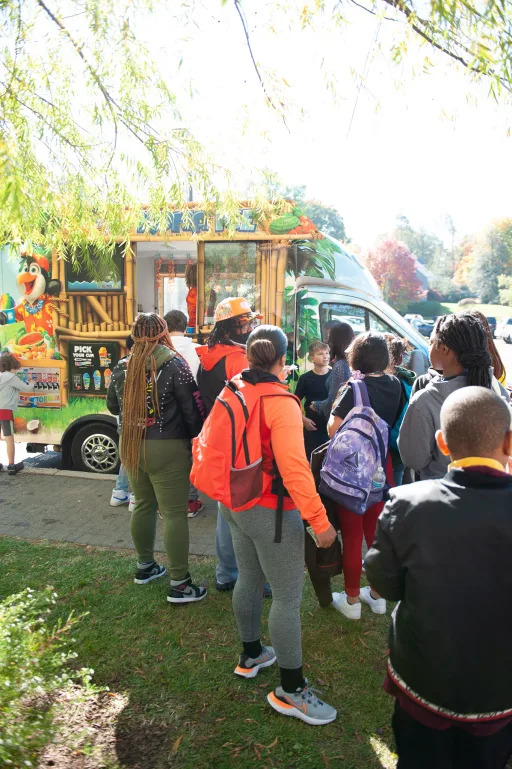
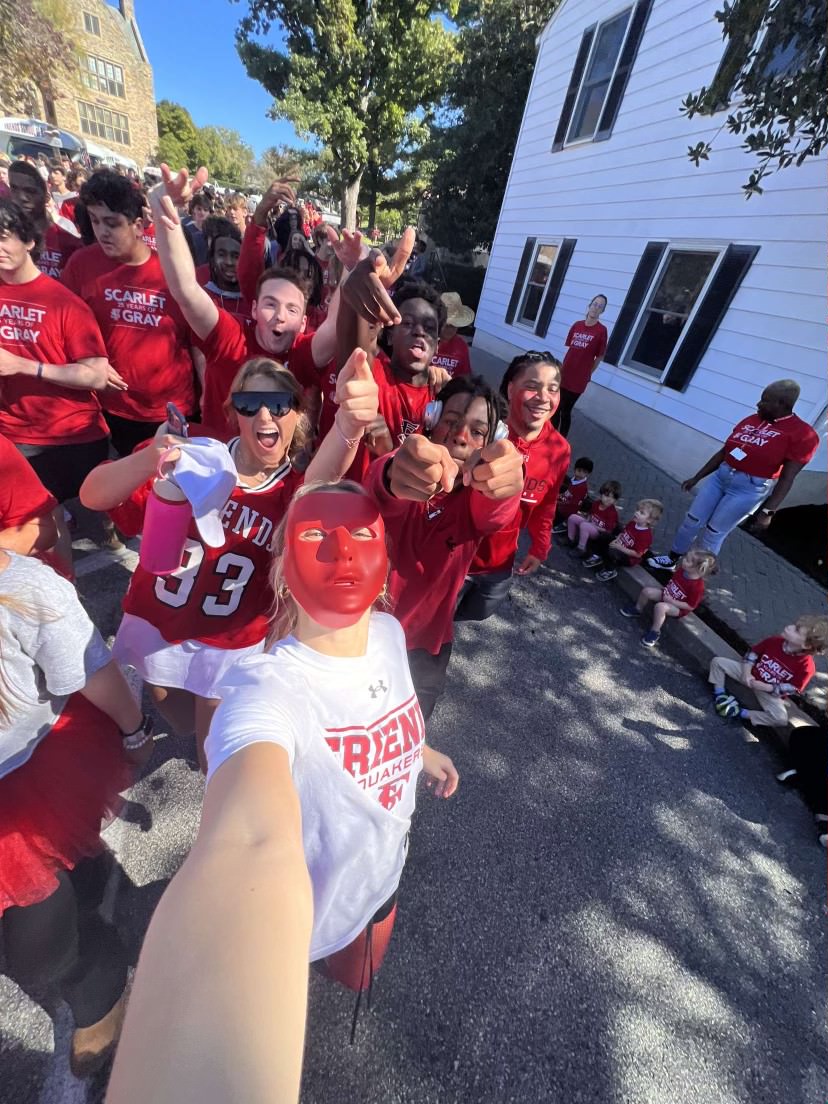
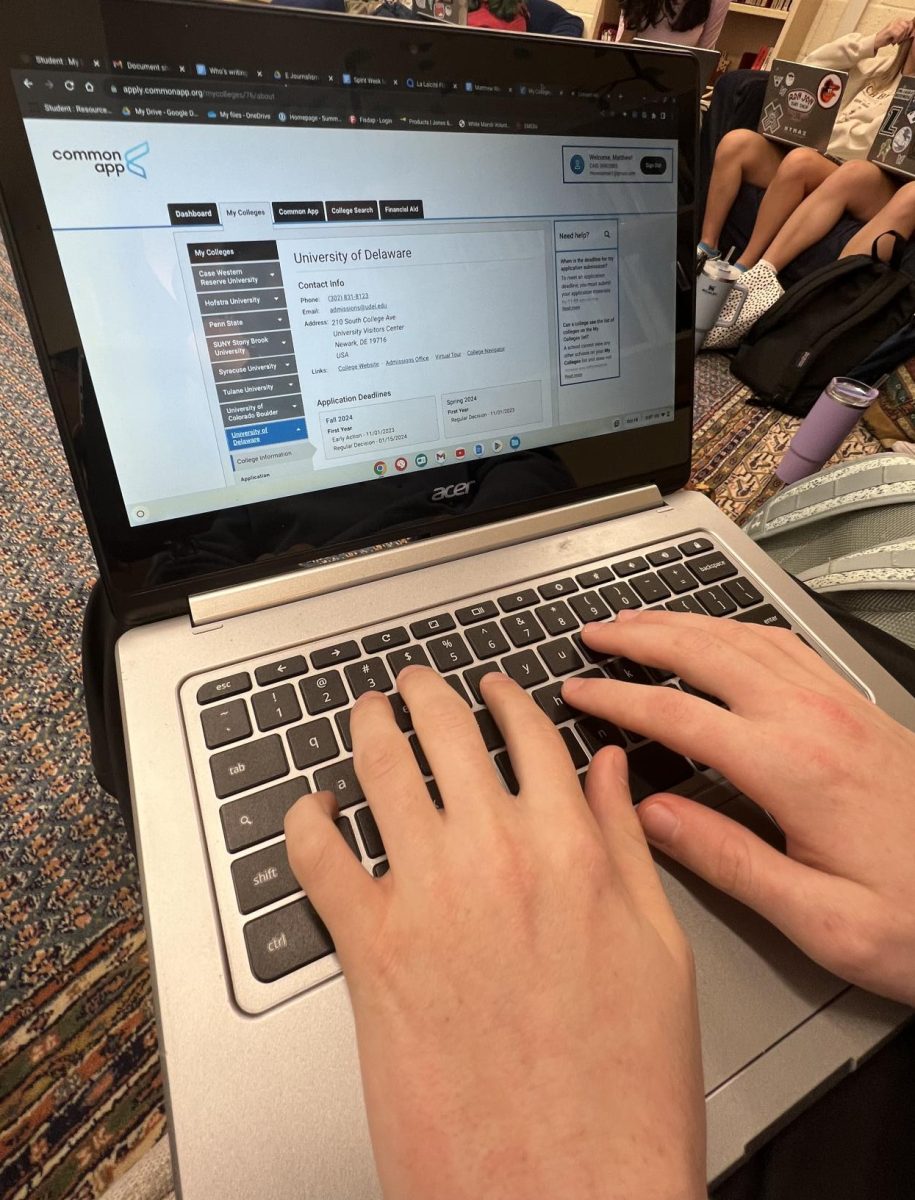

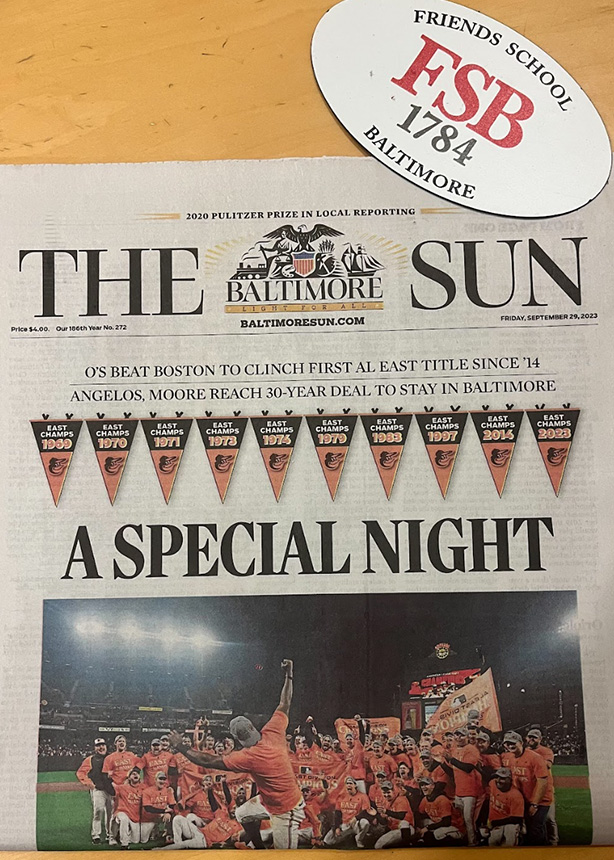
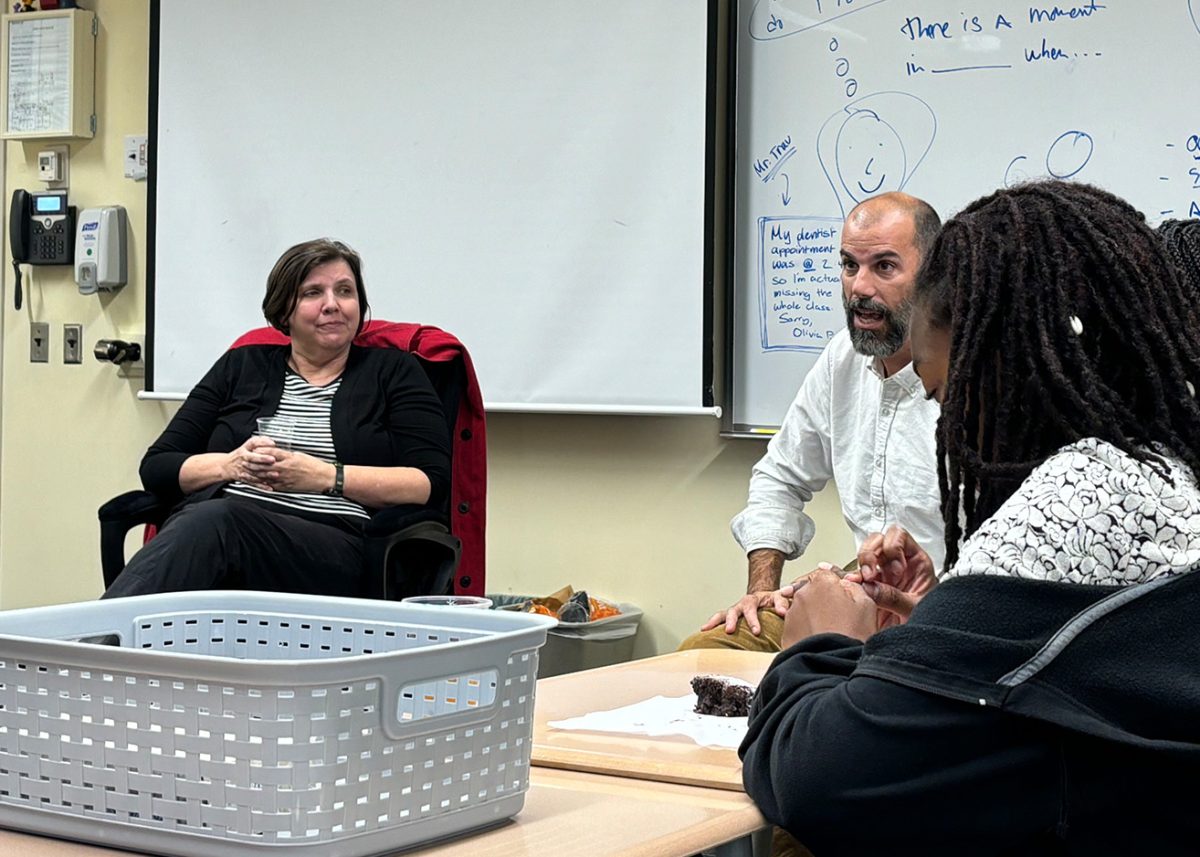
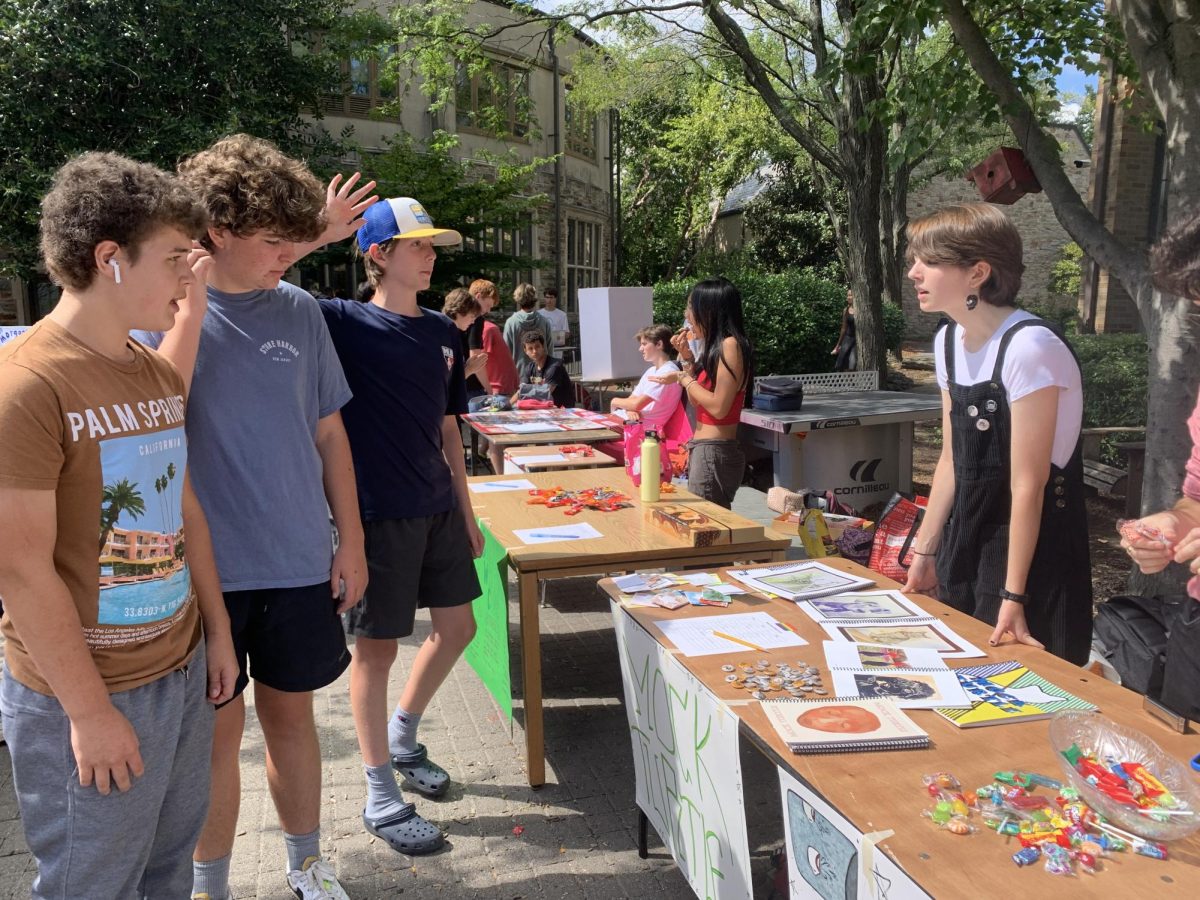
![Titanically Selfish! [Podcast]](https://thequakerquill.org/wp-content/uploads/2024/05/matt-hardy-6ArTTluciuA-unsplash-600x400.jpg)



